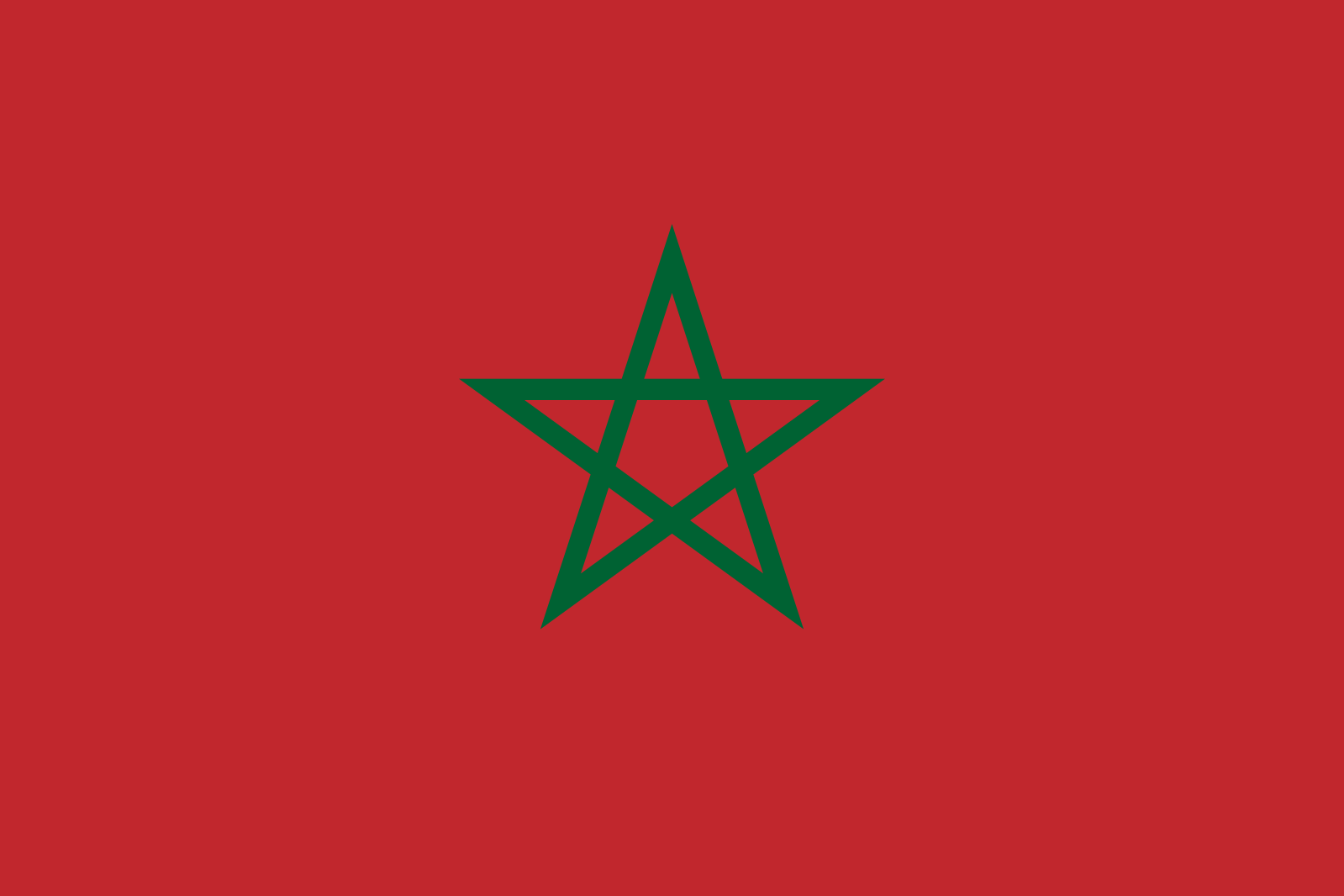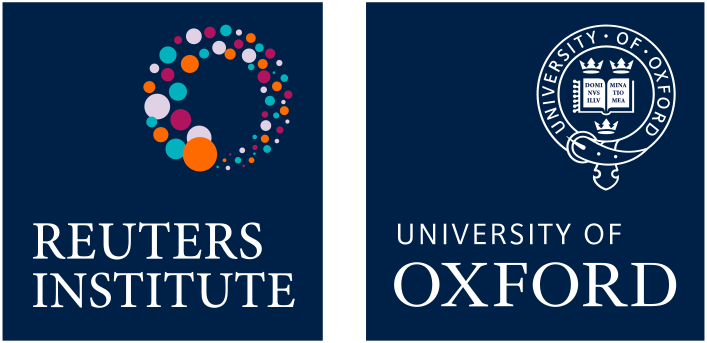
Morocco
After years of criticism over limited press freedom and state-dominated media, Morocco has recently shown signs of positive change. Jailed and exiled journalists have been released and new voices are gaining prominence in digital platforms, raising hopes for a freer media environment.
Marking the 25th anniversary of his accession to the throne, King Mohammed VI issued a royal pardon in July 2024, resulting in the release and dropping of charges against all jailed and exiled journalists.1 This move offered cautious optimism for greater press freedom in a country that has long imposed restrictions on independent media. Yet questions linger over whether these steps will translate into lasting change, especially for smaller and independent outlets. These developments unfold against the backdrop of an overwhelmingly digital news environment, where trust in media remains fragile and recent regulatory reforms have also drawn mixed reactions.
The vast majority of Morocco’s news media is in Arabic but some of the most influential business publications are in French. Total daily newspaper circulation has been falling for years and sales were badly affected during the COVID-19 pandemic. Printed newspapers are almost all state-subsidised, but this money comes with strings attached. Consulting firm Imperium recently reported a 23.7% year-on-year increase in media publications, with over 136,000 articles produced in August 2024 alone, with the vast majority published online. Publication in all languages is increasing ahead of the FIFA World Cup of 2030, which Morocco will be co-hosting with Spain and Portugal.
According to our Digital News Report data, nearly four in five (78%) respondents now get their news online, with social media and messaging apps playing a significant role. YouTube and Facebook are the most widely used networks overall and for news (49% and 47% respectively) along with Instagram (32%) and TikTok (24%). WhatsApp groups (30%) are also widely used for accessing and sharing information while the encrypted messaging app Telegram is also gaining traction. Heavy use of social media combined with relatively low trust in traditional news sources has left Moroccans vulnerable to regular bouts of misinformation. Over half of our survey sample (54%) say they are worried about being able to tell the difference between real and fake news on the internet. Online influencers/personalities (52%) are seen as the biggest threat in that regard, followed by national politicians (30%) and the news media themselves (28%).
The popularity and reach of these social and video networks is encouraging a growing wave of content creators, reshaping how news is created and consumed in Morocco, particularly among younger generations. YouTube is especially used by bloggers, political commentators, and other influencers to publish content that is on the border of what is accepted speech in Morocco. Alongside them are the recently released journalists – most notably Soulaimane Raissouni, Omar Radi, and Taoufik Bouachrine. Bouachrine, in particular, quickly returned to the public conversation, launching his own YouTube podcast titled Talk on Politics, where he has been calling for deeper political and media reforms.
At the same time the legal environment remains fraught. In 2023, the Moroccan government dissolved the elected National Press Council and replaced it with a government-appointed committee, raising concerns about increased state control. Further controversy came in 2024 with the approval of Bill 03.23, amending criminal procedures to limit NGOs from initiating corruption-related legal actions unless authorised by the public prosecutor. Critics argue this move undermines transparency and shields public officials from accountability.
Despite Morocco’s 2016 Press and Publishing Code officially abolishing prison sentences for press offences, activists argue that authorities continue to rely on the Penal Code to prosecute expression-related charges. The Committee to Protect Journalists (CPJ) reported that Radi, Raissouni, and Bouachrine, though freed, remain unable to fully resume their professional activities due to unclear legal statuses.2
Reporters Without Borders noted in a recent report (2024) that independent journalists remain ‘under constant pressure’, but Morocco has jumped 24 places in the annual World Press Freedom ranking since 2023.3 Civil society and journalists are also stepping up their efforts to establish clear ways of tracking offences and advocating for stronger protections, as was showcased when the International Federation of Journalists (IFJ) and the Moroccan National Press Union hosted a regional workshop in Casablanca to strengthen press freedom monitoring.
Morocco's media landscape is at a crossroads, shaped by significant developments in press freedom, digital consumption, and legal reforms. The royal pardons of prominent journalists in July 2024 offered a glimpse of progress, yet the subsequent challenges they face underscore the persistent obstacles to true media independence.
Imru AL Qays Talha Jebril
Research fellow, Moroccan Institute for Policy Analysis and Co-Managing Partner, A&K Advisors
Changing media
Online and social media remain popular sources of news in Morocco with our educated and more urban sample, but TV and print remain important with older generations and for those who are not online.
Trust in news overall
28%
(-3)
42/48
Misinformation concern
54%
Overall trust in news sources in Morocco is amongst the lowest in our survey at just 28%. Many Moroccans do not see news media as truly independent, avoiding sensitive subjects and mostly reflecting government views and perspectives. Having said that, a number of news brands do have reasonable levels of trust, including some of the most widely used commercial (Medi 1) and state-owned outlets on TV (Al Aoula) and online (Hespress).

